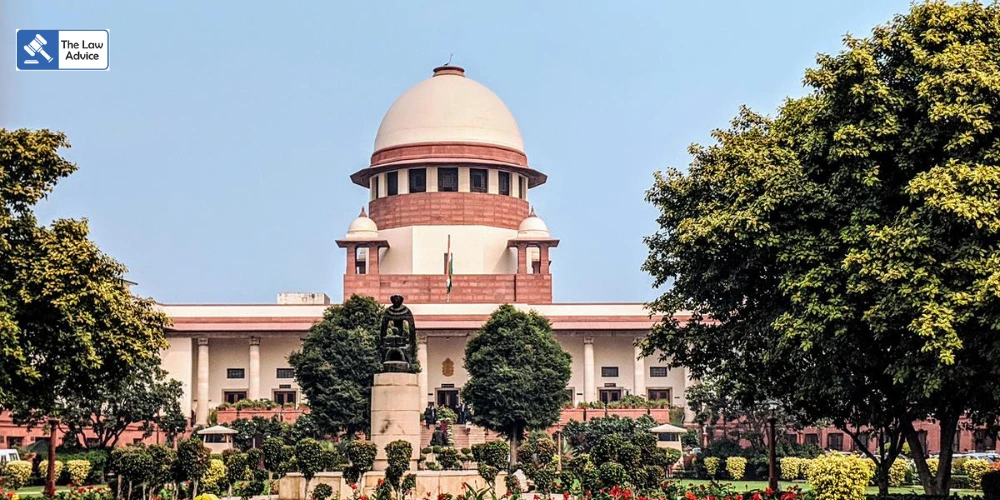The Supreme Court has clarified that the National Green Tribunal (NGT) cannot direct the Enforcement Directorate (ED) to initiate an investigation under the Prevention of Money Laundering Act, 2002 (PMLA), as such jurisdiction lies exclusively with courts empowered under the PMLA and constitutional courts.
The matter arose from directions issued by the NGT against M/s C.L. Gupta Export Ltd., which was accused of large-scale environmental violations including groundwater extraction and discharge of effluents into tributaries of the Ganga while manufacturing metal and glass artware, thermocol blocks, and other products. The Tribunal not only monitored the matter for three years but also imposed a penalty of ₹50 crore, calculated based on the company’s turnover, and ordered closure of certain non-compliant divisions.
Challenging these directions, the company approached the Supreme Court.
A Bench of Chief Justice of India BR Gavai and Justice K. Vinod Chandran held that the NGT exceeded its statutory mandate by directing the ED to act under the PMLA.
The Court referred to Waris Chemicals (P) Ltd. (2025), noting that:
• Section 3 of the PMLA deals with money laundering involving “proceeds of crime” linked to a scheduled offence.
• In the present case, there was no FIR registered or complaint filed for any scheduled offence under environmental statutes included in the PMLA schedule.
Therefore, the NGT could not have invoked ED jurisdiction. The Court emphasized:
“The NGT should act within the contours of the powers conferred under Section 15 of the NGT Act, 2010. While constitutional courts or a PMLA court may exercise such jurisdiction, the NGT cannot.”
Accordingly, the Court set aside the NGT’s directive to the ED while clarifying that it was not expressing any opinion on whether an offence under PMLA was made out.
Environmental Compensation and Turnover: No Nexus
The Court also examined whether penalties for environmental pollution can be linked to a company’s turnover. Relying on its earlier ruling in Benzo Chem Industrial (P) Ltd., it reiterated that environmental compensation must be based on the nature and extent of pollution caused, not revenue generated.
The Bench observed:
“Generation of revenue, or its quantum, has no nexus with the penalty for environmental damages. Rule of law does not permit the State or its agencies to extract a ‘pound of flesh’, even in environmental matters.”
Thus, the Court struck down the ₹50 crore penalty imposed by the NGT on the basis of turnover.
The NGT had also ordered closure of certain divisions of the appellant company. The Supreme Court set this aside too, while recognizing the Tribunal’s authority to monitor compliance and impose sanctions for statutory violations.
The Court clarified that only the Pollution Control Boards (PCBs) have the statutory power to initiate closure proceedings if compliance standards are breached. While acknowledging past violations, the Bench noted that the NGT had already recorded a compliance report, and therefore, a blanket closure direction was unwarranted.
Before concluding, the Court expressed dissatisfaction with the NGT’s lengthy judgment:
“Application of mind is not proportionate to the number of pages. Unfortunately, this was an exercise in futility. Judicious consideration is the sum and substance of adjudication. Courts and Tribunals should refrain from engaging in rhetoric or reiterating the law in general without direct relevance to the facts at hand.”
The Supreme Court thus:
• Set aside the NGT’s direction to the ED under PMLA.
• Quashed the ₹50 crore turnover-based penalty.
• Invalidated the blanket closure order of the company’s divisions.
• Reserved the right of PCBs to act against future non-compliance.
Case Details
M/s C.L. Gupta Export Ltd v. Adil Ansari & Ors.
Civil Appeal No. 2864 of 2022
